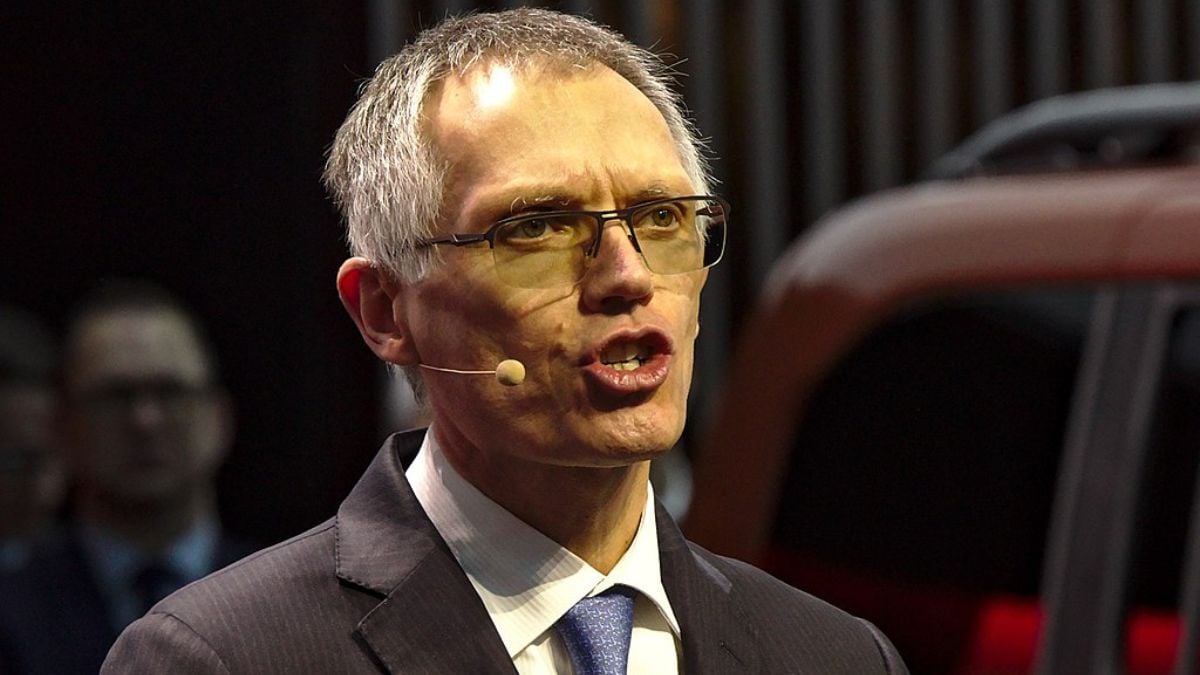
The resignation of Carlos Tavares, CEO of Stellantis, was officially announced on December 1, marking a pivotal moment for one of the world’s largest automakers. This decision, driven by diverging views with the company’s board, comes amidst declining profits and challenges in key markets like North America.
What was Carlos Tavares’ role in Stellantis?
Carlos Tavares played a crucial role in establishing Stellantis in 2021, merging Fiat Chrysler Automobiles with France’s Peugeot SA. Under his leadership, Stellantis became a powerhouse in the automotive industry, managing renowned brands like Chrysler, Jeep, Ram, Dodge, Fiat, Peugeot, Opel, and Maserati. Tavares’ vision and operational strategies led the company to record profits of €18.6 billion in 2023.
However, in recent months, Stellantis has faced significant challenges, particularly in the North American market, where slumping sales and high inventories have dented profitability. This shift has raised questions about Tavares’ strategic approach and his handling of the company’s current challenges.
ALSO READ. What does the Japanese word Toyota mean?
Why did Carlos Tavares resign?
The resignation of Carlos Tavares stems from growing differences between him and the Stellantis board. Henri de Castries, the company’s senior independent director, stated that the decision was reached after divergent views emerged regarding the company’s future direction.
Earlier this year, Tavares indicated his intent to retire by 2026 at the end of his contract. However, the growing misalignment with the board accelerated his departure. Stellantis has now initiated a search for a permanent successor, with John Elkann, chairman of the board, leading an interim executive committee.
What challenges did Stellantis face under Carlos Tavares?
Despite Tavares’ track record of transforming struggling automakers, Stellantis faced mounting challenges in 2024. The company reported a profit warning in October, revising its operating profit forecast to just 7% of sales compared to an earlier target exceeding 10%. The issues were particularly pronounced in the U.S. market, where outdated vehicle models and missteps in pricing strategies eroded market share.
Additionally, Carlos Tavares faced criticism from various stakeholders:
- Investors: Concerned about declining profits and slipping market share.
- Dealers: Discontent over aging vehicle lineups and high inventories.
- Unions: Expressing dissatisfaction with the company’s cost-cutting measures, which they claim impacted product quality and delayed new model launches.
Who is Carlos Tavares?
Born on August 14, 1958, in Lisbon, Portugal, Carlos Tavares is a seasoned automotive executive with a career spanning over four decades. A graduate of the prestigious École Centrale Paris, Tavares began his journey at Renault in 1981, eventually holding senior roles at both Renault and Nissan.
In 2014, Tavares took the helm at Groupe PSA, where he implemented a transformative strategy that brought the company back from financial struggles. His tenure included significant milestones, such as the acquisition of Opel from General Motors and the creation of the DS Automobiles brand to target the premium segment.
What is Carlos Tavares’ legacy at Stellantis?
Under Carlos Tavares, Stellantis experienced both highs and lows. On the positive side, Tavares successfully streamlined operations, reduced costs, and oversaw a transatlantic merger that created a global automotive giant. However, his tenure also faced criticism for failing to address challenges in key markets like the U.S., where brands such as Jeep and Dodge struggled to maintain competitiveness.
The tensions between cost-cutting measures and maintaining product innovation ultimately contributed to the decision for Carlos Tavares to step down earlier than anticipated.
What happens next for Stellantis?
As Stellantis navigates this leadership transition, the company’s immediate focus will be on stabilizing operations and addressing challenges in its core markets. The search for a new CEO is already underway, with the board emphasizing the importance of aligning leadership with its long-term strategic goals.
In the interim, John Elkann’s executive committee will steer the company, ensuring continuity as Stellantis adapts to a rapidly evolving automotive landscape.
Why is Carlos Tavares’ resignation significant?
The resignation of Carlos Tavares highlights the complex dynamics of leading a global automaker in a challenging economic environment. As Stellantis faces intensified competition, evolving consumer preferences, and the push towards electrification, the company’s next leadership chapter will be crucial in defining its future trajectory.
The departure of Carlos Tavares, a proven turnaround specialist, marks the end of an era for Stellantis and raises questions about the company’s ability to sustain its competitive edge without his leadership.











